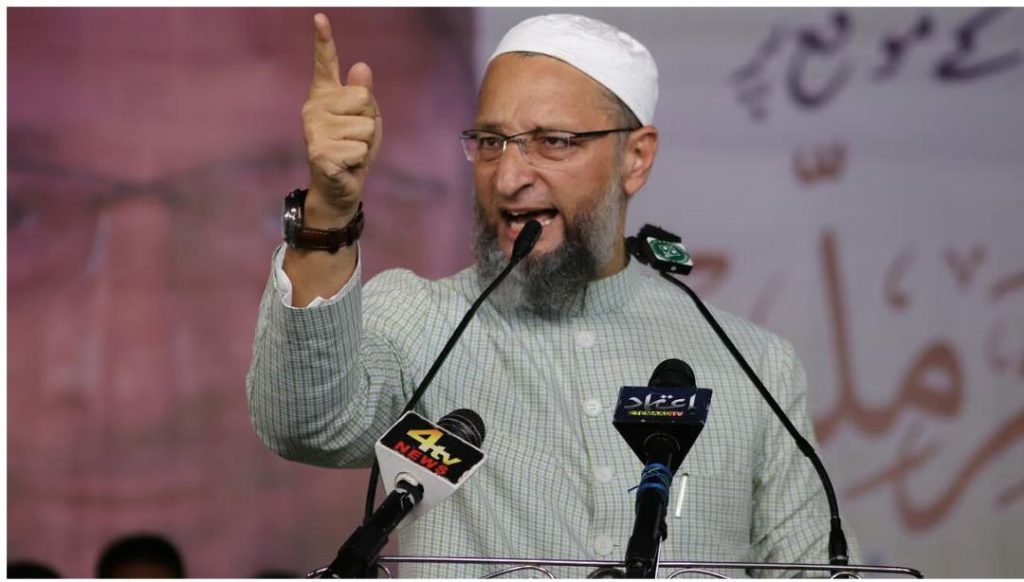
Title: I Wish PM Modi Had Announced Ceasefire Rather than Trump: Owaisi
In a shocking statement, AIMIM chief Asaduddin Owaisi expressed his disappointment and frustration over the recent announcement of a ceasefire between India and Pakistan by US President Donald Trump. Owaisi wished that Prime Minister Narendra Modi had taken the initiative to announce the ceasefire rather than a foreign leader. His comments have sent shockwaves across the political spectrum, with many questioning his motives and the implications of his statement.
It all started when Trump took to Twitter to announce that India and Pakistan had agreed to a full and immediate ceasefire. The sudden announcement caught many off guard, and Owaisi was quick to express his dissent. In a series of tweets, he said, “We have always been opposed to third-party intervention. I wish PM Narendra Modi had announced the ceasefire rather than Donald Trump.”
Owaisi’s statement has sparked a heated debate, with many politicians and analysts weighing in on the issue. Some have praised Owaisi for his bold statement, while others have criticized him for being petty and divisive. However, Owaisi’s stance is rooted in his long-standing opposition to foreign intervention in India’s internal affairs.
For Owaisi, the issue is not just about the ceasefire itself but about the principle of sovereignty. He believes that India’s internal conflicts and issues should be resolved by Indians, without the interference of foreign powers. In his view, Trump’s announcement is a clear example of such interference, and it undermines India’s ability to negotiate and resolve its own conflicts.
Owaisi’s criticism is also rooted in his perception of Trump’s motivations. He believes that Trump’s announcement is a desperate attempt to salvage his own reputation and avoid criticism for his failures in his own country. Trump has been facing intense scrutiny and criticism for his handling of various issues, including the COVID-19 pandemic, and Owaisi sees his announcement as a last-ditch effort to deflect attention.
However, not everyone agrees with Owaisi’s assessment. Many have argued that Trump’s announcement is a welcome development, as it brings much-needed stability and peace to the region. They point out that the ceasefire has already led to a significant reduction in violence and tensions between India and Pakistan, and that it has created a new opportunity for dialogue and cooperation.
Others have criticized Owaisi for being overly critical of Trump and for ignoring the larger context. They argue that Trump’s announcement is a sign of the growing influence of the US in international affairs, and that it reflects the country’s commitment to promoting peace and stability in the region.
Despite the differing opinions, Owaisi’s statement has raised important questions about the role of foreign powers in India’s internal affairs. It has also highlighted the complex and often fraught relationship between India and Pakistan, which has been marked by periods of tension and conflict.
In the end, Owaisi’s statement is a clear reflection of his commitment to Indian sovereignty and his opposition to foreign intervention. While his views may not be universally accepted, they are an important part of the ongoing debate about India’s place in the world and its relationships with other countries.






